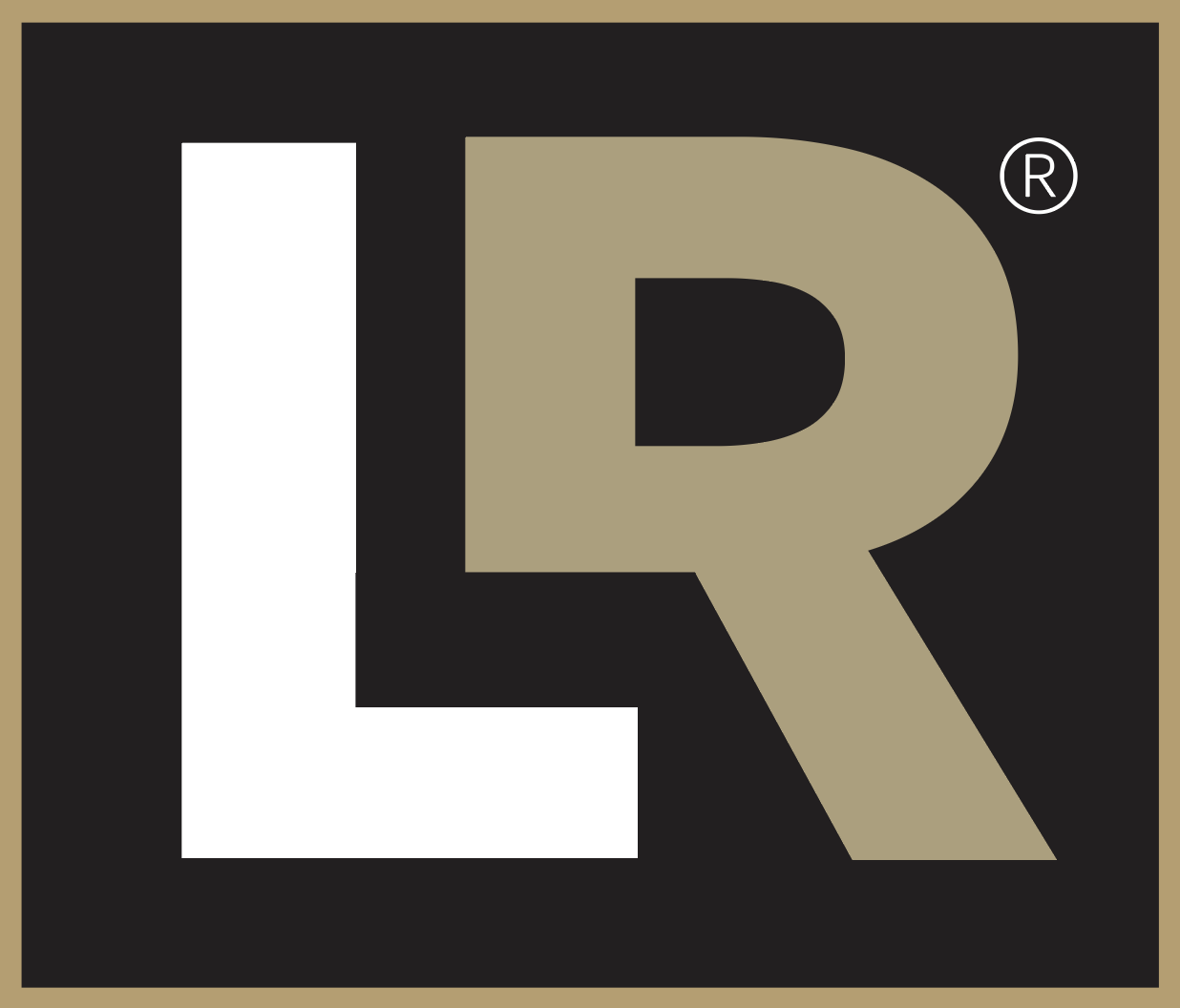Can I do Probate Myself?

Can I do Probate Myself?
Yes, you can do probate yourself. Or put another way, yes you can be self-represented in a probate. There is no law that requires you to have an attorney to do the probate for you. Some courts have help centers to assist those are that are self-represented with the probate process. Probate DelaysThe initial step to doing a probate is filing a petition for probate. The probate petition will vary depending upon whether there is a Will (testate) or not (intestate). Once the petition for probate is filed a hearing is set. You must then give notice to the appropriate heirs and publish notice of the hearing in a newspaper of general circulation. Many self-represented parties make mistakes here. They either fail to give proper notice, don’t publish in the newspaper with enough time, or don’t publish the notice at all. This can cause significant delays and require additional costs. Often times, the estate requires the appointment of a personal representative within a short period of time. Any delays will cost the estate additional expenses, or in some situations, the loss of assets due to foreclosure. A probate does not prevent a foreclosure! In situations where time is critical, having an attorney to represent you can speed up the process, or in some situations, obtain an emergency order to avoid a foreclosure.Correcting ErrorsThe Court will issue “Probate Notes” and provide you with issues that need to be corrected. Most of the time, notice issues cannot be fixed by the time you become aware of them. It will require the hearing to be continued to a new date to allow for you to fix the probate notes. Most continuances are set at least two months out in California. Other probate notes are created because of a lack of understanding of the various terms.Appointment of a Personal RepresentativeOnce all probate notes are cleared, the court will appoint a personal representative if the matter is uncontested by another party. Once you are appointed, you must prepare an Order for the Court’s signature and have “Letters” signed. Letters is a single page document that gives you the authority to act on behalf of the estate. Without Letters, you will not be able to sell real estate, close bank accounts or take any actions on behalf of the estate.BondMost probates require a bond. A probate bond protects the estate from fraud and other bad acts by the personal representative. The probate bond gives the estate beneficiaries some reassurance that they will receive their rightful share. The cost of bond varies depending upon the size of the estate, the credit score of the personal representative and whether the personal representative is self-represented. Many bond companies will not issue a bond to a self-represented party. The bond company is concerned that without an attorney, the personal representative may make critical errors. Under the right circumstances, bond can be waived by the court. Again, it helps to have an attorney represent you through this process.The bond premium is paid each year. So the longer the probate lasts, the more the bond premiums costs. This is another example of how working with an attorney can speed up the process and save the estate money.Inventory and AppraisalOnce you’re appointed, you are responsible for the estate. You must collect all of the assets and pay all creditors. An appraisal of the assets must be done, in part by you, and in part by a court appointed probate referee. Some assets are sold depending upon the situation. Other situations can arise during this time, such as the need to make a temporary distribution for families dependent upon the decedent’s estate.Accounting and Distribution
 Photo by Bench Accounting on Unsplash
Photo by Bench Accounting on Unsplash

About John L. Wong
John L. Wong is the Managing Shareholder of Modern Wealth Law, APLC. John advises individuals and families on all aspects of estate planning, probate, asset protection and trust administration. His clients range from young professional couples wanting to ensure the care of their young children, to business owners concerned with business succession and asset protection. Admittedly, discussing death, taxes and lawsuits may not be the most enjoyable topic, however, John’s approach to estate planning is different. John believes that estate planning is not about planning for death, but planning for life and ensuring your wishes are fulfilled, while having protections in place should the unexpected occur.
